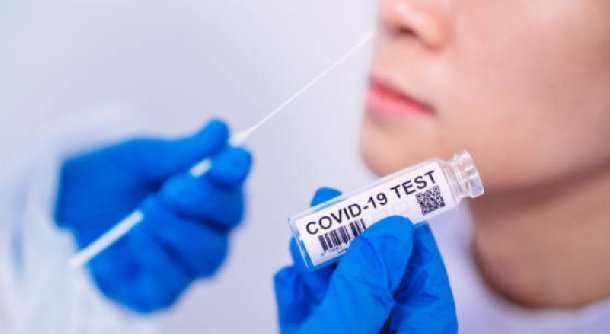Why COVID-19 Testing in the Workplace Is a Tricky Thing
January 5, 2021

It would appear as though the United States has entered the much-anticipated second wave of coronavirus infections. In the absence of wide scale shutdowns which, at this point, seem unlikely to become reality, employers and employees alike find themselves having to evaluate how much risk they are willing to take. They are having to seriously consider COVID-19 testing in the workplace.
Workplace testing is not as easy as it sounds. First and foremost, access to reliable testing kits is still somewhat limited. But above and beyond that reality, COVID-19 testing in the workplace is a tricky thing based on federal regulations. One kind of testing is completely legal under the Americans with Disabilities Act (ADA) while another type of testing is not.
The first thing to understand is that COVID-19 testing is not designed to find COVID-19 at all. COVID-19 is a disease caused by a particular strain of coronavirus. Testing looks for the virus, not the disease. That being the case, there are two testing modalities:
Therein lies the difficulty of COVID-19 testing in the workplace. Which type of test is a company performing? It makes all the difference in the world. Require one type of test and everything is fine. Require the other test and your company is breaking the law.
The first testing modality, testing for the presence of a current coronavirus infection, is allowed by the Equal Employment Opportunity Commission (EEOC) under relevant language contained in the ADA. According to the ADA, employers may require employees to undergo medical examinations if such examinations are job related and a business necessity.
As the thinking goes, the whole point of COVID-19 testing is to identify a possible threat to both customers and other employees. As such, it is both job related and necessary to safe business operation. Employers can require that workers undergo this first type of testing in order to return to work. They can also require regular testing to continue coming to work daily.
The first type of test is designed to determine whether or not someone is currently infected with coronavirus. The second type of test, one that tests for coronavirus antibodies, is intended to determine whether or not a person has ever been infected with the virus. This is not allowed by either the EEOC or the related language in the ADA.
This is where all of this gets tricky. Where a current coronavirus infection poses a real and immediate threat to anyone who comes into close proximity with an infected person, there is no threat associated with past infections. Therefore, testing for past infections is neither job related nor a necessity of business.
The rationale should be simple enough to understand: a history of past infection is not an indicator of current infection. Furthermore, the presence of antibodies only demonstrates that the person being tested had coronavirus in his or her system at one time. The test does not indicate how much coronavirus was present, whether the person was symptomatic or asymptomatic, or whether the person was ever infectious.
In summary, employers can legally require COVID-19 testing designed to detect a current coronavirus infection. An employee who refuses can be barred from returning to work unless said refusal is due to a related medical condition under the ADA. As for antibody testing, employers cannot require it as a condition for being allowed in the workplace. It is that simple.